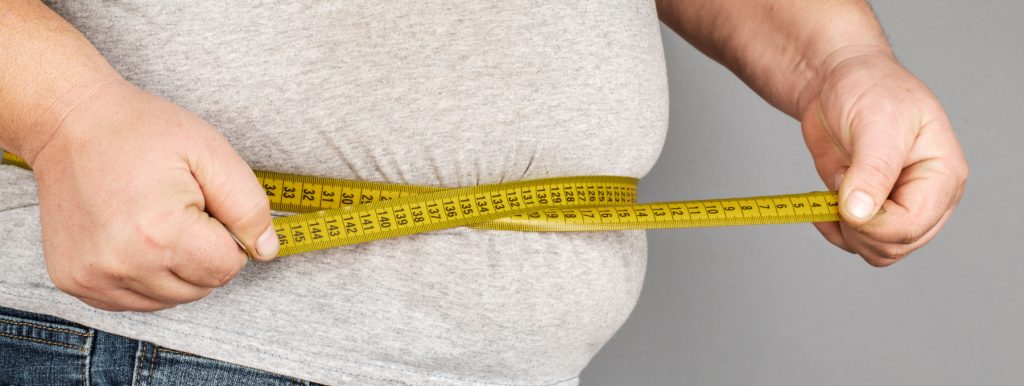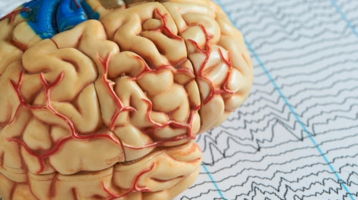Neurodegenerative diseases affect millions of Americans, especially those who are elderly or approaching old age. These diseases can cause rapid decline and loss of both one’s well-being and one’s ability to care for oneself. Although there are several treatments that can improve or extend the lives of people living with neurodegenerative disease, there currently are no […]
Sleep, the Circadian Rhythm and COVID-19
Current science notes important connections between sleep quality, the circadian rhythm and COVID-19 and other health threats. These links relate to the impact of sleep quality on circadian rhythm health and optimal immune system functioning, as well as to the influence of circadian rhythms on how the immune system physically functions. In terms of COVID-19, […]
The Biological Clock Plays a Crucial Role in the Eating Habits of Teenagers Later in the Day
The causes of obesity are complex and influenced by many factors. While research has shown links between sleep, eating habits and weight gain, scientists are still unsure about the role of the circadian system – the biological clock – in shaping eating habits. However, a new study from researchers at Brown University’s Warren Alpert Medical […]
Why Do We Sleep? An Age-Old Question Revisited
The average human being spends roughly one-third of their lives sleeping. Yet we do not yet fully understand the function and importance of sleep. While researchers have long been aware of the restorative processes that the body undergoes during deep sleep, what is still not clear is — why do we sleep? One thing that […]
Can Using Less Energy During the Day Lead to Obesity?
Obesity is defined as having a body mass index (BMI) of 30 or more. Being overweight or obese increases the risk of health problems such as high blood pressure and type 2 diabetes. Schedules and individual sleep, eating and exercise rhythms can also impact health by either complementing or contradicting the body’s natural circadian rhythm. […]









